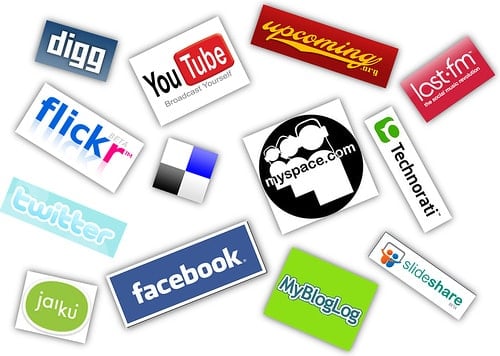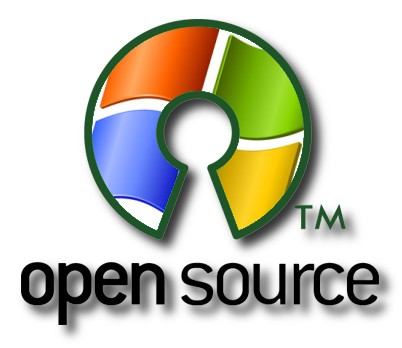
Social Media Actions Win Reactions
May 23, 2013
Managed Vs. Unmanaged Hosting; What’s Best?
May 24, 2013There are a lot of reasons to go open source; solid security and development to name a few. Here’s a few more…
 The tech revolution is truly starting to permeate all aspects of our lives. The revolution is not just about a hyper connected world utilising tablets, smartphones, laptops, desktops, it is also about the number of apps that have exploded in the various market places such as iStore, Google Play, Windows Store and the multiple open source download sites such as sourceforge.net.The exponential growth in apps can in part be contributed to the success of the open source movement which has spurred on creativity and development by developers. Small businesses and self-employed workers can seize the momentum of the open source to either get started in business or reduce their current software costs.
The tech revolution is truly starting to permeate all aspects of our lives. The revolution is not just about a hyper connected world utilising tablets, smartphones, laptops, desktops, it is also about the number of apps that have exploded in the various market places such as iStore, Google Play, Windows Store and the multiple open source download sites such as sourceforge.net.The exponential growth in apps can in part be contributed to the success of the open source movement which has spurred on creativity and development by developers. Small businesses and self-employed workers can seize the momentum of the open source to either get started in business or reduce their current software costs. Open source operating systems
Linux operating systems are based on a common kernal written by Linus Torvalds. Torvalds is considered one of the fathers of the open source movement. Whilst there are many different flavours of Linux, Ubuntu has delivered a reliable, easy to install, regularly updated desktop Linux operating system. So if you don’t want to pay for upgrading to the newest version of Windows then you can simply download it from ubuntu.com.
Open source website solutions
The software stack that powers the vast majority of the world’s websites is in its entirety, open source. The LAMP stack consisting of Linux operating system, Apache web server run by the Apache foundation, MySQL the open source database now owned by Oracle and any one of the web scripting languages PHP, Perl or Python, although PHP is the most commonly used of these languages.
PHP’s current dominance in web scripting languages can in part be attributed to its use in the three dominant open source CMS applications: WordPress, Drupal and Joomla, that together account for approximately 25 per cent of the world’s websites.
Even with Oracle purchasing MySQL a fear from the open source community that Oracle would stifle development of the open source database resulted in new forks of the MySQL database arising alongside growing awareness of the alternatives available such as MariaDB and SQLite. With such mature open source options available for powering Websites it’s easy to see why the above options are the dominant players in the marketplace with a growing market share.
CRM software
For small and medium sized businesses there is the option of using open source software to deal with their customer management. Sugar CRM is perhaps the best well known of the open source CRMs with heavy adoption by enterprise sized companies such as Honeywell International and Starbucks.
Productivity software
One of the biggest software expenses small businesses face is desktop productivity suites currently dominated by the eponymous Microsoft Office. Whilst there is good case to argue that Microsoft Office is the best product in this space there are excellent alternatives.
OpenOffice and Libre Office are two open source alternatives providing similar applications to Microsoft Word, Excel, PowerPoint and Access. The most commonly used alternative to Microsoft Outlook is the open source Thunderbird application from the Mozilla foundation although there are a multitude of other open source email clients to choose from.
Open source is an unstoppable force, constantly growing, constantly adapting, where corporate proprietary software IT vendors try to place barriers the communities overcome them. Even the existence of open source has forced the hand of development of proprietary software.
Microsoft took for granted its dominance in browsers with Internet Explorer and as such slowed its development. The open source Mozilla Foundation came along and placed a burning torch to that dominance with Firefox.
Open source is here to stay and is being adopted by the main stream and organizations as its robustness, solid security and constant development keeps it relevant to its end users. Oh and it’s free to use!
About the author: Ben Jones is a writer who is interested in how digital advances, particularly open source, are driving improvements in the business world. Follow him on Twitter and Google Plus.


